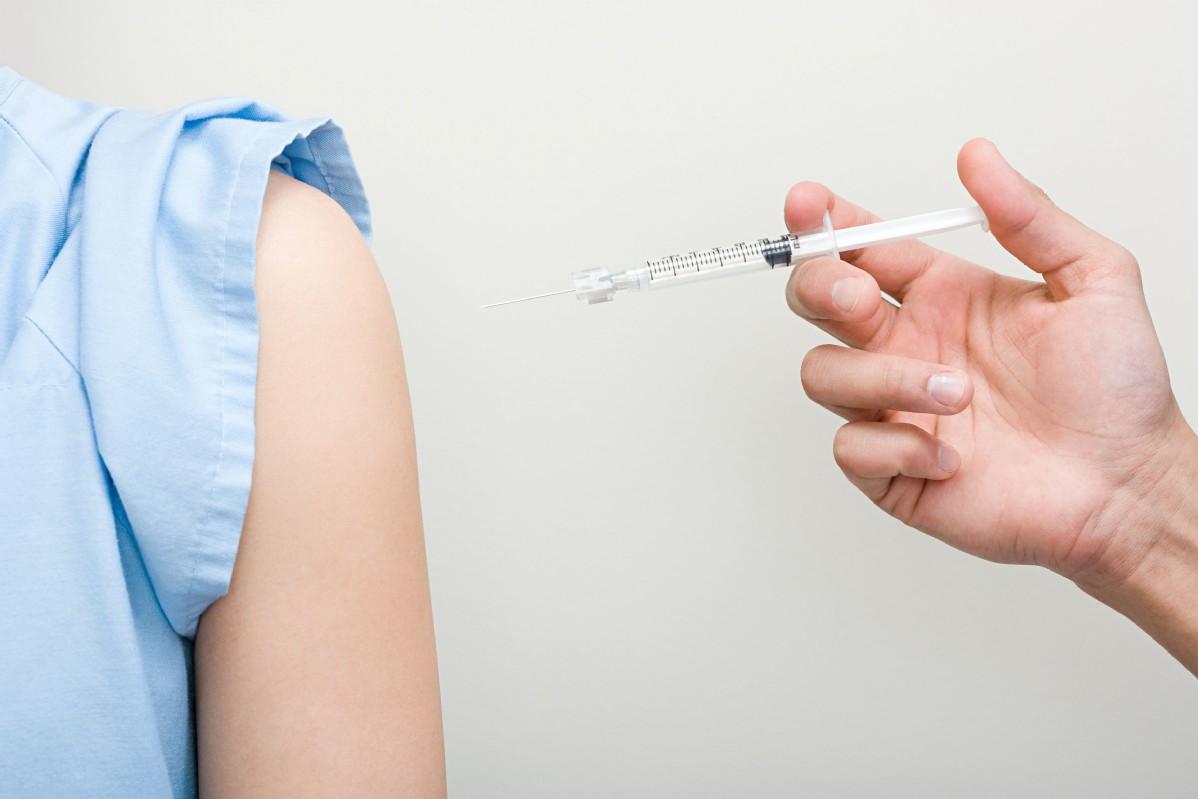
[Photo/IC]
Experts have said vaccinations can be a good solution to confront the current surge of flu cases and cope with a higher risk of infection during the upcoming Spring Festival travel rush, expert said.
Multiple cities have recently reported a rising incidence rate of flu. The three most common pathogens are influenza A, human metapneumovirus and mycoplasma, said Li Tongzeng, chief physician at Beijing Youan Hospital's infectious disease department.
"However, the incidence is still lower than the same period last year," he said, adding that human metapneumovirus is the most common pathogen for people aged 5 to 15.
He suggested the public get vaccinated as soon as possible before the Spring Festival, which falls on Jan 29 this year, to prevent infection when people migrate across the country to have family reunions. A vaccination typically takes about two weeks to take effect.
"People who have had the flu need to get vaccinated after the symptoms disappeared," he added.
Many people buy detection reagents to test which virus they are infected with to avoid gathering at the hospital. Li said that while it's ok to do so and hospitals recognize the test results, false negatives are possible because of improper sampling.
He suggested high-risk groups for flu, such as older people and children, should see a doctor once they show symptoms.
Medication sales also saw an increase.
Data from Dingdang Health Technology Group, a major pharmaceutical company in China, shows that major anti-influenza drugs such as Oseltamivir and Baloxavir marboxil have seen a sales growth rate of up to 164 percent.
Sales of cold and fever products have also increased. Sales of commonly used fever patches have gone up by 181.5 percent. Products related to respiratory infections, such as saline solution and nasal sprays, have also shown noticeable growth.
The company says it is maintaining close cooperation with drug suppliers, replenishing inventory in a timely manner and ensuring the stability and continuity of drug supply.
Concerning the recent concern of a lack of drugs, Li said drug supplies in Beijing are in order with no shortages.
The flu in Beijing is expected to reach a peak in early January. Influenza vaccinations are available at community health service centers and some hospitals, which will last till the end of February, according to the Beijing Center for Disease Prevention and Control.